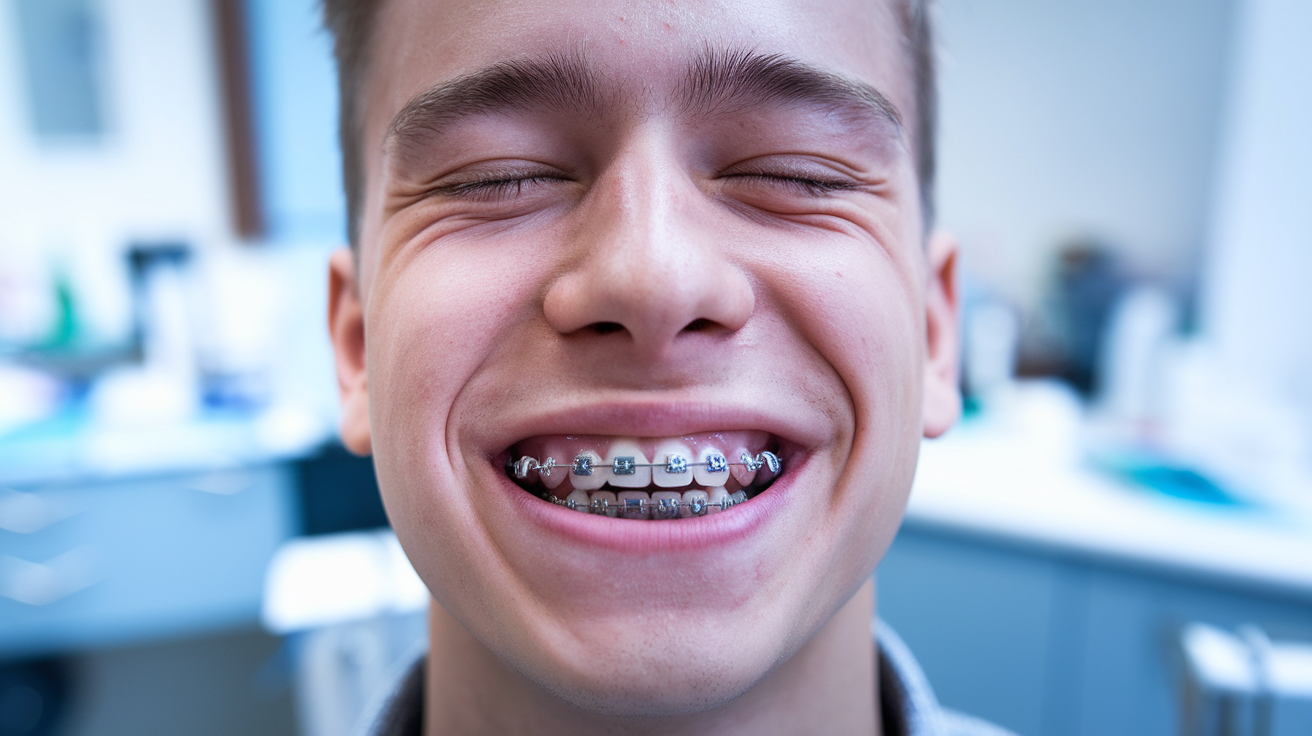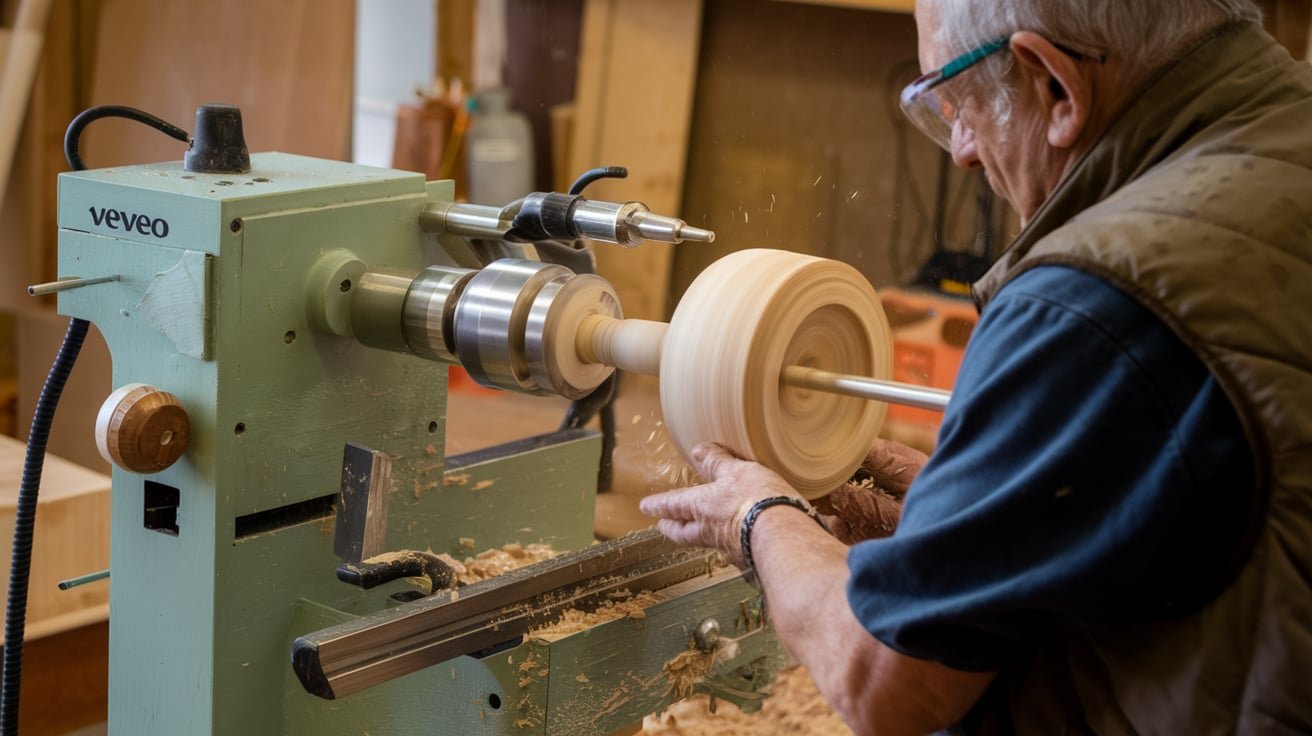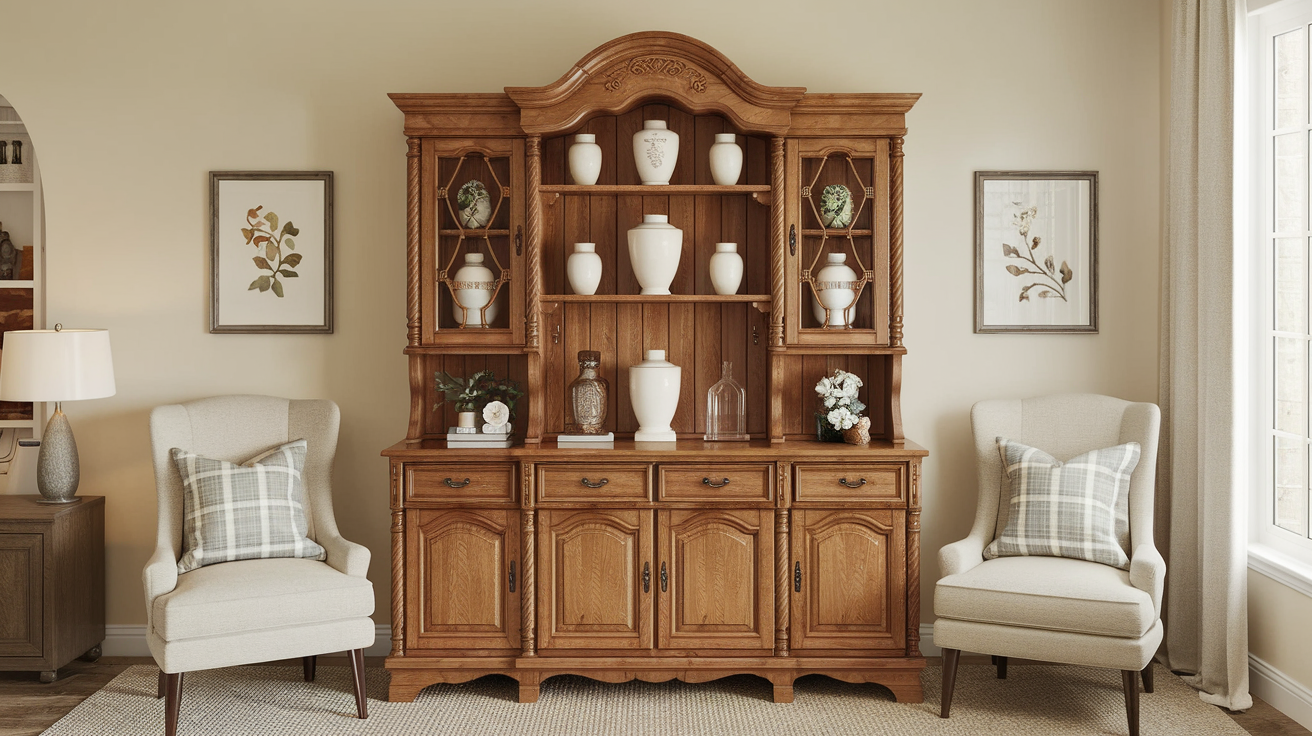Introduction
The question of whether Catholic getting braces for cosmetic reasons sin has garnered significant discussion among believers. This article explores the moral, ethical, and theological implications of choosing braces for aesthetic purposes within the Catholic faith. The decision to seek orthodontic treatment for cosmetic reasons raises questions about vanity, self-esteem, and the nature of sin in contemporary Catholic teachings.
The Catholic Church’s Stance on Cosmetic Procedures
The Catholic Church has not explicitly stated its position on cosmetic procedures, including braces. However, moral theology offers insights into this topic. The Church generally promotes maintaining one’s health and dignity, allowing for medical interventions that serve a good purpose. When examining Catholic getting braces for cosmetic reasons sin, it’s essential to consider the intention behind the decision.
Braces for Health vs. Cosmetic Reasons
Many individuals undergo orthodontic treatment for health-related issues, such as misalignment that impacts chewing or speaking. In these cases, Catholic getting braces for cosmetic reasons sin would likely not apply, as the primary intention is to enhance functionality. However, when braces are sought solely for aesthetic reasons, the moral considerations become more complex.
The Concept of Vanity
Vanity, or excessive pride in one’s appearance, is viewed with caution in Catholicism. Some may argue that Catholic getting braces for cosmetic reasons sin falls into the realm of vanity. The concern is that prioritizing appearance over spiritual well-being detracts from one’s relationship with God. However, this perspective is not universally accepted. Many argue that improving one’s smile can increase self-esteem and confidence, which may benefit one’s mental health.
Seeking Self-Esteem Through Aesthetics
A significant motivation behind Catholic getting braces for cosmetic reasons sin is the pursuit of self-esteem. Many Catholics believe that improving one’s appearance can enhance personal and social interactions. As such, braces might serve a psychological benefit, which the Church does not condemn. The dilemma arises when the focus on physical appearance overshadows spiritual growth.
Ethical Implications
The ethics of Catholic getting braces for cosmetic reasons sin also hinge on the impact of such decisions on one’s family and community. If the financial burden of cosmetic braces detracts from supporting family needs or charitable contributions, some may view this as morally questionable. The Church teaches that prioritizing material desires over spiritual obligations can lead to sinful behavior.
Cultural Influences on Cosmetic Choices
Cultural standards play a significant role in decisions about cosmetic procedures. In a society that often equates beauty with worth, Catholic getting braces for cosmetic reasons sin can be perceived differently across various communities. Some may see braces as a way to conform to beauty standards, while others may see them as unnecessary and frivolous. This disparity illustrates how cultural pressures can complicate moral judgments.
Balancing Faith and Personal Choice
For many Catholics, getting braces for cosmetic reasons is a personal choice that must be balanced with faith and moral considerations. The act of seeking orthodontic treatment does not inherently signify a lack of faith or devotion to God. Rather, it reflects an individual’s journey toward self-acceptance and confidence.
Conclusion
In conclusion, the question of Catholic getting braces for cosmetic reasons sin remains nuanced and multifaceted. While vanity and excessive pride are cautioned against in Catholic teachings, the intention behind the desire for cosmetic braces plays a crucial role in determining its moral standing. Ultimately, each individual must weigh their motivations, the impact on their spiritual life, and the broader implications for their family and community. Seeking guidance from spiritual leaders and personal reflection can help Catholics navigate this complex decision-making process.










